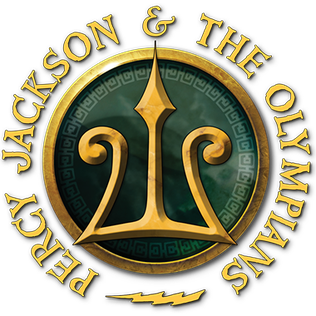Henryk Sienkiewicz
Explore the life of Henryk Sienkiewicz, renowned Polish novelist, through a detailed timeline. From his birth in 1846 to his Nobel Prize in 1905 and his lasting literary legacy, discover the key events that shaped his career and contributions to literature and Polish culture.
Birth of Henryk Sienkiewicz
Henryk Adam Aleksander Pius Sienkiewicz was born on May 5, 1846, in Wola Okrzejska, Poland. He would grow up to become one of Poland's most celebrated novelists, known for works that depicted Polish history and national identity.
Journey to the United States
In 1876, Henryk Sienkiewicz traveled to the United States. During his stay, he visited areas of California and the American West, writing articles that provided insights into American society from a European perspective. The journey influenced his works and offered a broadened literary scope, enriching his narratives with diverse cultural elements and expanding his worldviews of societal values.
Publication of The Trilogy's Second Book in Newspaper
On May 23, 1879, Henryk Sienkiewicz published the second book of his famous Trilogy, 'The Deluge,' in newspaper format, later released as a full book. This work continued exploring Polish history through epic storytelling. His portrayal of Polish resilience and spirit was applauded and gained him widespread readership among both contemporary and future audiences.
Publication of With Fire and Sword
Henryk Sienkiewicz published his historical novel 'With Fire and Sword' in 1884. Set in the 17th century, during the Khmelnytsky Uprising, the novel is the first part of his famous 'Trilogy.' The work was a patriotic tale, emphasizing Polish unity and resistance, resonating powerfully during its time and securing Sienkiewicz's place as a monumental figure in Polish literature.
Publication of Quo Vadis
Henryk Sienkiewicz's novel 'Quo Vadis' was published in 1896. The historical novel is set in ancient Rome during the reign of Emperor Nero and follows the story of a Roman patrician and a Christian woman. It was a significant success and contributed greatly to Sienkiewicz's international fame.
Centenary Celebration of Henryk Sienkiewicz's Birth
In 1900, a grand celebration was held in Lwów (today Lviv, Ukraine) to mark the centenary of Henryk Sienkiewicz's birth. Sienkiewicz was greatly admired in his lifetime, and this celebration was a testament to his influence and popularity. Thousands of admirers gathered to honor the literary figure, and he was presented with a symbolic gift, the cultural heritage of a piece of land named Oblęgorek, which held significant Polish patriotism symbolism.
Completion of The Knights of the Cross
Henryk Sienkiewicz finished 'The Knights of the Cross' (Krzyżacy) in 1901. This historical novel is set in the 14th century and tells the story of Polish struggles with the Teutonic Order. The work resonated with readers for its thrilling depiction of chivalric events and its ability to evoke the spirit of patriotism through vivid narrative.
Nobel Prize in Literature
On December 10, 1905, Henryk Sienkiewicz was awarded the Nobel Prize in Literature for his outstanding merits as an epic writer. The Nobel Committee particularly recognized his unquestionable talent for storytelling and his ability to inspire hope and national pride through his depiction of Polish history.
Inauguration of the Grunwald Monument
On May 24, 1910, Sienkiewicz inaugurated the Grunwald Monument in Kraków, Poland. The monument commemorates the 1410 Polish-Lithuanian victory over the Teutonic Knights at the Battle of Grunwald. Sienkiewicz's presence underscored his significant stature in Polish culture as his works also celebrated such historical events and fostered national pride and unity.
Death of Henryk Sienkiewicz
Henryk Sienkiewicz passed away on November 15, 1916, in Vevey, Switzerland. His death marked the end of an era for Polish literature. At the time of his passing, he was considered one of the most influential Polish authors. His works continue to inspire and propagate Polish cultural values, and he is remembered fondly for his significant contributions to literature.
Frequently asked questions about Henryk Sienkiewicz
Discover commonly asked questions regarding Henryk Sienkiewicz. If there are any questions we may have overlooked, please let us know.
When did Henryk Sienkiewicz pass away?
When was Henryk Sienkiewicz born?
When did Henryk Sienkiewicz win the Nobel Prize in Literature?
What are some of Henryk Sienkiewicz's most famous works?
Related timelines
More timelines connected to Henryk Sienkiewicz







